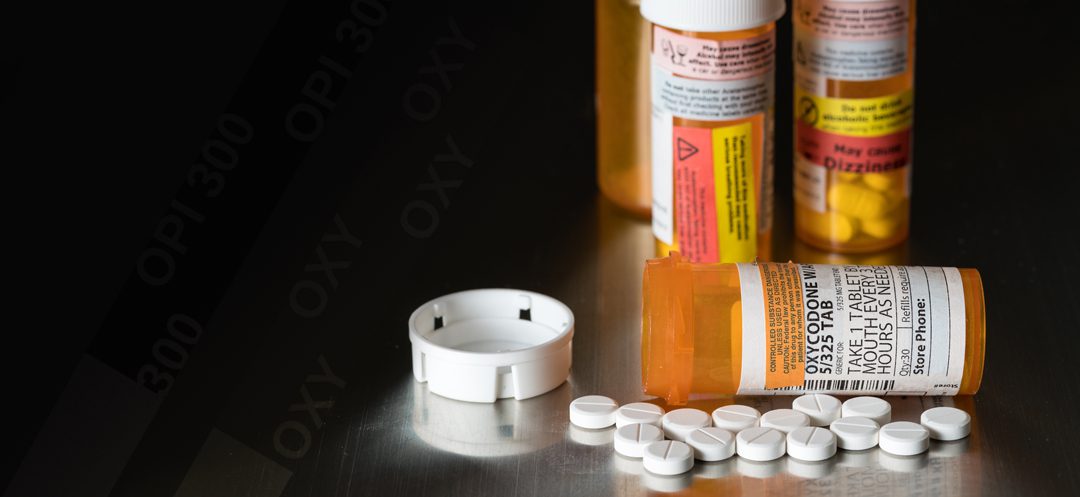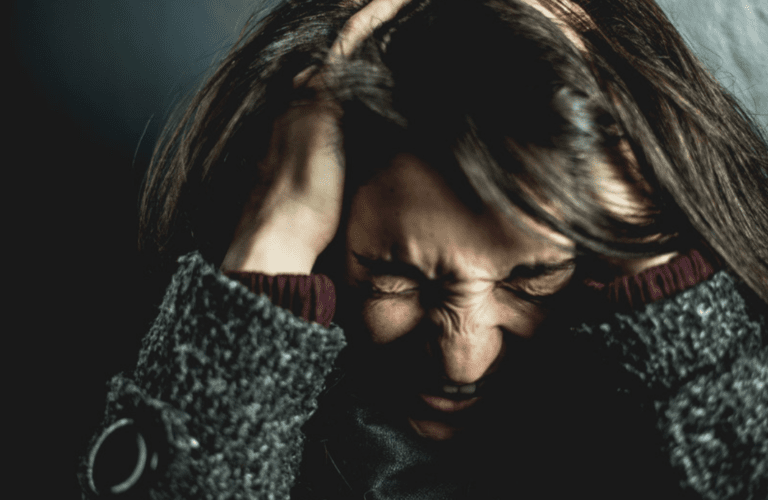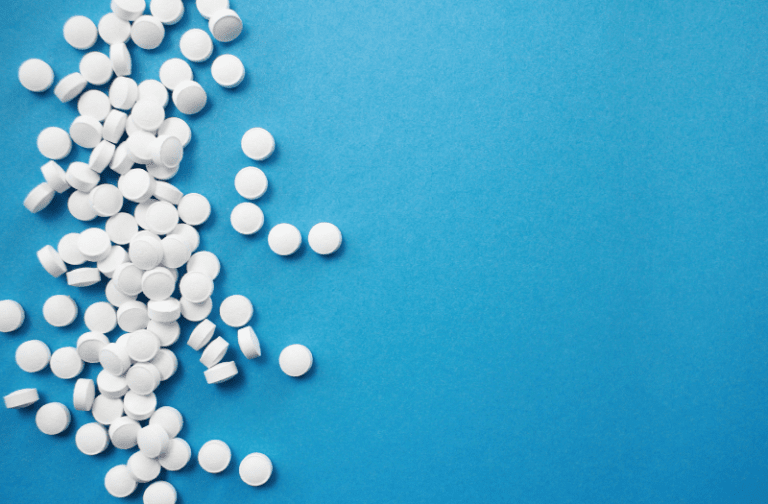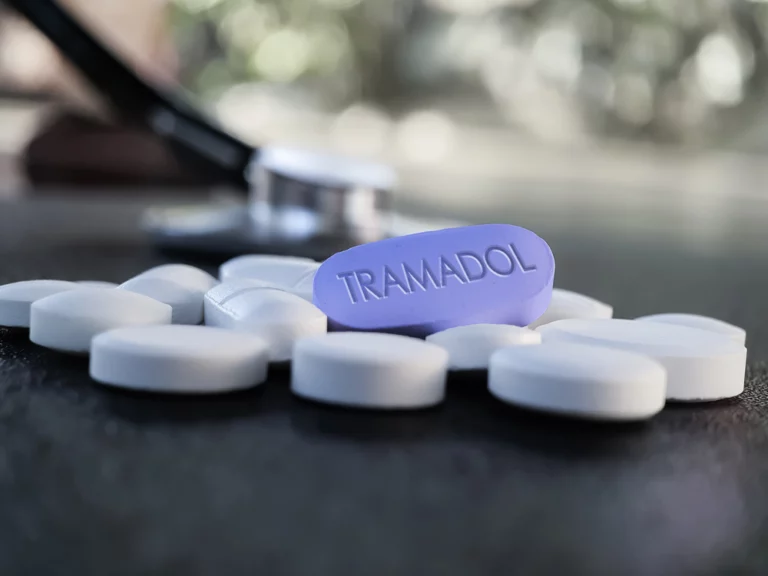The Ways Opioids Psychologically Change You
Doctors are now prescribing opioids in greater numbers than ever before. This has led to addiction, overdoses, and death. Opioids are powerful drugs that affect your brain chemically and psychologically. In the case of opioids, there are serious consequences for individuals who use them recreationally or as prescribed pills.
Opioids are Powerful Drugs
Opioids affect your brain chemically and psychologically. The body reacts to these drugs by using its own natural chemicals, which cause dependency and changes in the mind and brain. Some of these effects include:
-Physical dependence on opioids
-Addiction to opioids
-Withdrawal symptoms when you try to stop taking opioids

Opioids Affect your Brain Chemistry
Opioids affect your brain chemically and psychologically. They make you feel calm, euphoric, or drowsy. They can also cause you to experience hallucinations and loss of empathy. Opioids are extremely addictive drugs due to their way of making you feel like you’re in a dream-like state with no worries or cares.
What Happens to the Brain on Opioids?
Opioids act as a depressant on the brain. This means that opioids change the way your brain functions. By increasing dopamine levels, opioids change how your brain works and what it is capable of doing. Because of this, opioids can result in physical dependence and addiction.
Opioids also have an effect on other neurotransmitters, like serotonin and glutamate. These neurotransmitters are responsible for regulating moods and how you think about things. With the effects of opioids on these neurotransmitters, you’ll experience feelings like euphoria or calmness that come along with taking them regularly. This is due to the fact that opioids lower your sense of pain by altering the way you perceive it. When pain doesn’t affect you as much, you’ll feel less anxious or stressed out while also enjoying a high feeling from the release of dopamine in your body.
In addition to this inability to focus on tasks at hand, if someone takes too many opiates for a long period of time before tapering off slowly- they may experience hallucinations or visuals related to withdrawal symptoms when their dose is cut back down over time.

The Psychological Effects of Opioids
Opioids affect how your brain reacts to stress. By altering the chemical messenger system in your brain, opioids reduce pain sensitivity and increase feelings of reward. But at the same time, they also make you feel more vulnerable and negative emotions like fear, anxiety, or sadness intensify.
Opioids also change how your brain processes information. This has led to some quite unfortunate behavior. For example, people who are addicted to opioids often have trouble remembering or recognizing their loved ones and can have problems finding things that they need.
Opioids also change the way your brain makes decisions. This means that addicts may be more likely to make impulsive decisions because their brains are no longer equipped with the right decision-making skills. This means that once you stop taking them regularly, it will be harder for you to make decisions because of impaired cognitive function. It’s not uncommon for someone addicted to opioids to forget a family member’s birthday or forget where they left their keys.
Opioids also alter levels of attention and memory as well as perception and mood states (e.g., euphoria). These effects can lead people who are using opioids recreationally or as prescribed pills to experience a wide range of psychological changes from euphoria to confusion and disorientation.
How can we use this information to prevent addiction?
First, we need to understand how opioids affect the brain. Opioids can change your personality and create a dependency. They also impact your brain chemistry, which can lead to addiction. This information is key for preventing addiction. If you know how these powerful drugs affect your brain, you are in a better position to avoid becoming addicted or dependent on them.
Second, as was mentioned before, there are serious consequences for individuals who consume opiates recreationally or as prescribed pills. When considering whether or not you will use opioids, it’s important to consider the potential consequences of using them. Your risk of addiction increases when you take opioids repeatedly and with great frequency over an extended period of time. This means that if you’re only taking prescriptions for pain management once every few months and then stop taking them at the end of each prescription cycle, you’re much less likely to become addicted than someone who uses them all day long every day without any breaks in between trips to the pharmacy for refills.
Finally, understanding how opiates change your brain is crucial for the prevention of addiction because it helps prevent people from becoming addicted or dependent on them in the first place. It teaches individuals about what causes addiction so they’re aware that this is something they want to avoid in their life–however small that risk may be!

Oasis Recovery Is Here For You
Opioid Addiction can affect anyone. If you or a loved one are currently struggling with addiction, help is available! We encourage you to reach out to the professionals at Oasis Recovery to learn more about our personalized treatment programs and mental health services. Oasis Recovery was founded from firsthand experience of addiction and recovery, with a mission of providing a space where people can heal from addiction in a compassionate, creative, open-minded, and heart-centered environment. We believe recovery is always possible. Our experts work with you to design a treatment plan that fits your needs. Common treatment programs include:
- Intensive Outpatient Programs (IOP)
- Full-time Addiction Treatment on campus
- Aftercare Services
Contact us today for more information about how our programs and services can help you get your life back on track. You no longer have to struggle with opioid addiction on your own. We are here to help.










